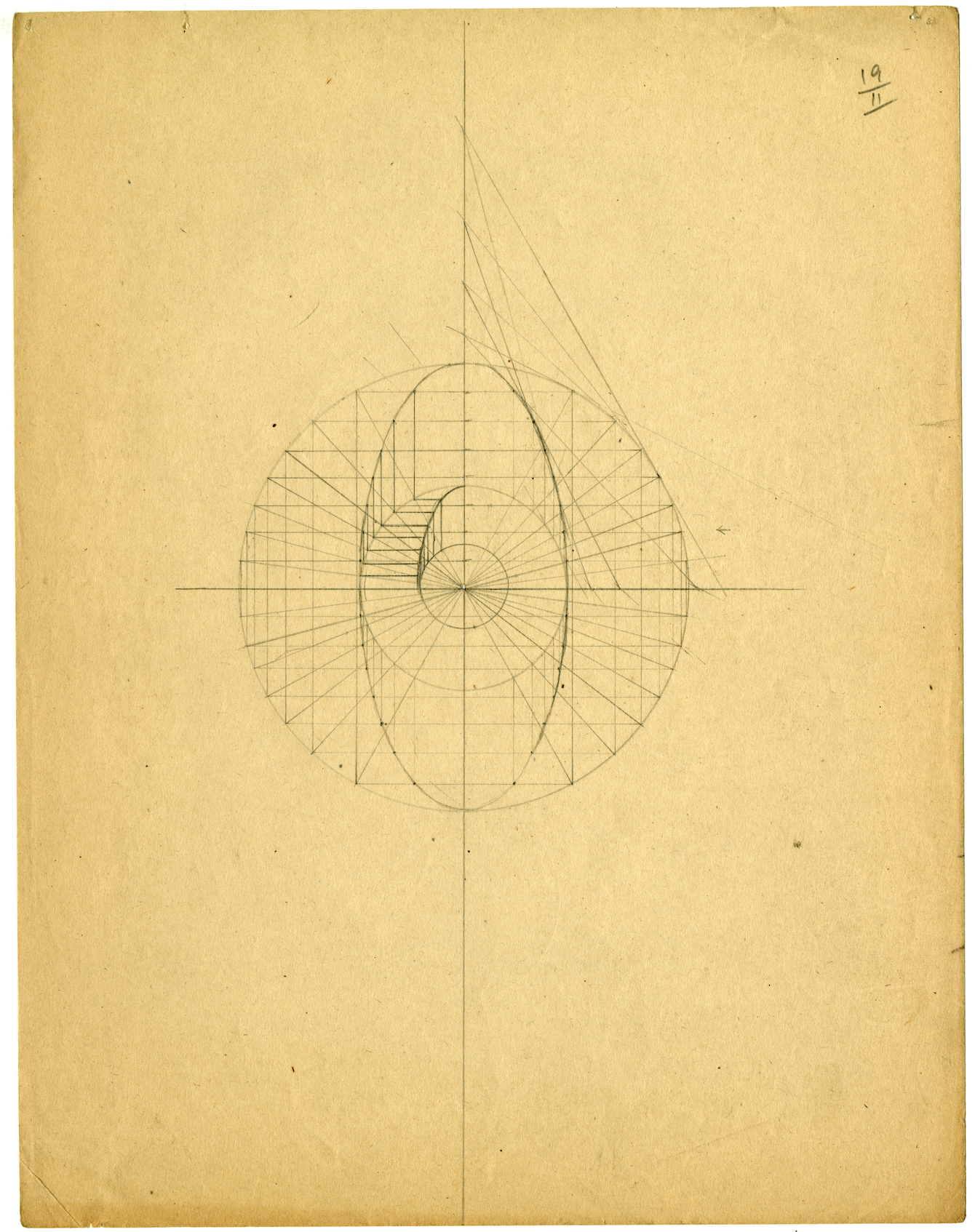Black Mountain College was established in the foothills of the Blue Ridge Mountains of North Carolina by a group of disgruntled academics who, led by John Andrew Rice, a classicist and follower of philosopher John Dewey, had resigned from Rollins College in Florida. Accompanied by a small coterie of devoted students, they were in search of greater academic freedom, especially freedom from bureaucratic and high-handed administrators. As an acolyte of Dewey, whose theory of education was frequently broadly summarized as "learning by doing," Rice set out to make hands-on art education central to the general liberal arts curriculum then customary at American undergraduate colleges.

These events, which coincided with the Nazis’ closing of the by then internationally known Bauhaus in Germany, resulted in the Bauhaus teacher-artists Josef Albers and his wife Anni Albers being invited to form the core of the educational framework for Black Mountain College. As Josef expressed it in the college Bulletin: "art is a province in which one finds all the problems of life reflected—not only the problems of form (e.g. proportion and balance) but also spiritual problems (e.g. of philosophy, of religion, of sociology, of economy). For this reason art is an important and rich medium for general education and development."

Max Dehn taught mathematics, elementary and advanced, as well as philosophy and tutorials in the classical languages. The internationally recognized research mathematician was attracted not only by BMC's beautiful setting and German refugee community, but also the intellectual and educational freedom it afforded its faculty and students. Dehn's teaching was an outgrowth of his philosophical studies into the common source of artistic and mathematical creativity.

February 5, 2025
Black Mountain
Black Mountain
Black Mountain College: A School Like No Other (Tate Museum)
Physics for Liberal Arts Students (Natasha Goldowski Renner)